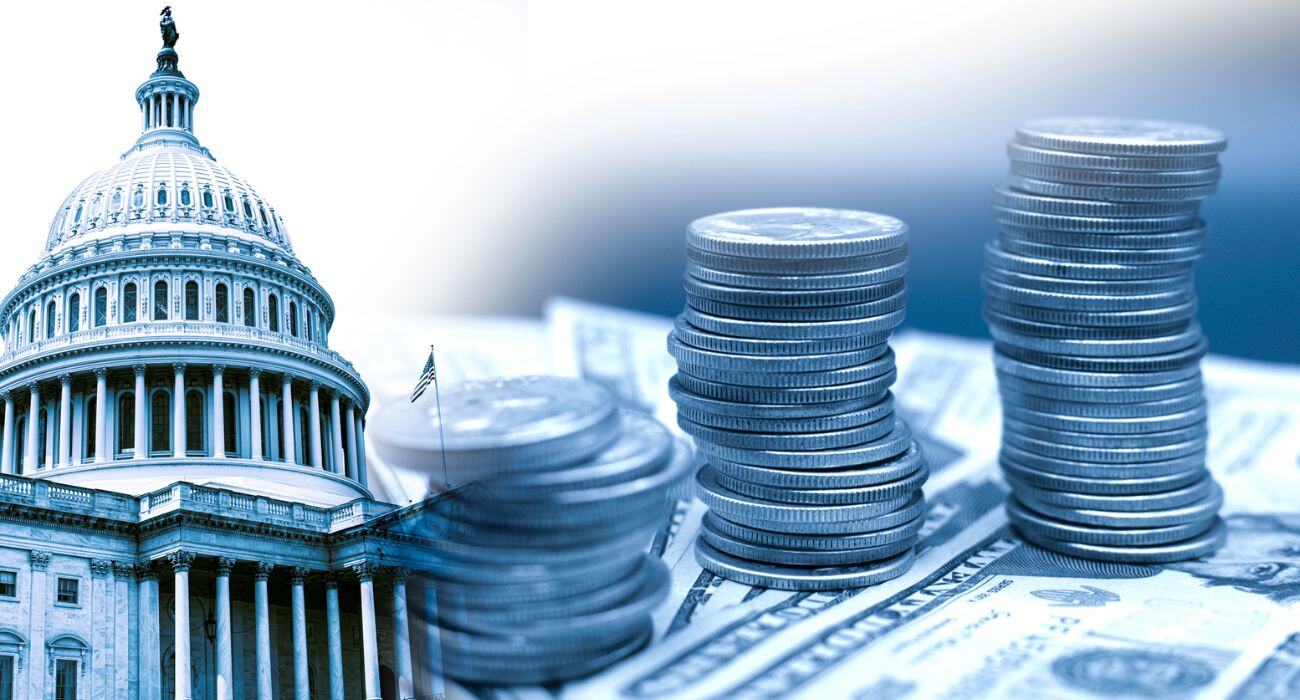
The recent election of scandal-scarred Donald Trump to a second term as U.S. president may appear to be an anomaly – but it is consistent with a well-established global trend.
Since the pandemic, incumbents in western democracies have lost 40 of 54 elections. These losses have occurred irrespective of tenure or whether the incumbent was on the left or right on the political spectrum.
Tony Hughes
How might all this political upheaval impact central banks? When asked whether he would resign at the behest of President Trump, Federal Reserve Chair Jay Powell responded with a curt “No.” But is this realistic? Could an unelected Fed chair really win an arm-wrestle for the control of monetary affairs with the most powerful politician on the planet?
Truthfully, the independence of any central bank is tentative, and only likely to be respected when it is in the interests of powerful politicians to do so. The lone recourse for regular people who are, say, angry about inflation is to change their vote: they can’t vote out the central bank governor, but they can vote out the incumbent government. Politicians, therefore, ultimately bear responsibility for inflation, even if the central bank is nominally independent.
So, if inflation again starts to percolate, I suspect that Powell is toast. This may not be in the national economic interest, but it would be in President Trump’s interest.
If the lessons of the incumbent purge are taken on board, I suspect that other political leaders around the world will privately welcome the breaking of the convention of central bank “independence,” even if they publicly chastise the actions of the American president.
Inflation Impact
Local political pundits have attempted to highlight unique features to explain every one of the 54 electoral defeats. Many of them, no doubt, were long overdue, and some of the incumbent governments were corrupt or incompetent.
But a global phenomenon must be explained by global factors.
The most obvious candidate is the outbreak of post-pandemic inflation that has raised the cost of living in every corner of the globe. This spike was the first significant incidence of global inflation since the 1980s.
The early 1990s recession was partly a consequence of high interest rates that were explicitly instigated to tame inflation. The measures worked – at a substantial cost – and we enjoyed almost two decades of low inflation, described by economists as the “Great Moderation.” This was followed by the global financial crisis of 2008-09 and a long fight against deflation during the 2010s.
By 1990, economists had empirically demonstrated that the political independence of central banks was associated with lower long-term rates of inflation. Since that time, the independence of central banks has been a prevailing feature. Indeed, the adoption of policy independence allowed the Great Moderation to occur.
Previously, the success of central banks (especially with respect to inflation) made political leaders very reluctant to challenge their independence. But that now may be changing. As a consequence of the political upheaval of the post-pandemic high inflation era, politicians won’t want to cede control of a policy issue that has just been shown to kill their electoral chances.
When we talk about independence, it’s important to remember that the academic papers that identified an association between central bank independence and inflation primarily relied on data from the 20th century. This association, however, may now be weakened following the inflation suffered by independent central banks during the recent COVID-19 outbreak.
Of course, from an authority perspective, independence is not the exclusive domain of central banks. The supervision and regulation of banks, for example, is highly technical and delegated to nominally independent government agencies. The floor of the legislature, after all, is not the right place for a meaningful debate about the Basel capital rules or the best way to stress test a bank.
The aim of financial regulation – to promote safety and soundness – is largely uncontroversial in the context of the mainstream political debate. However, it is extremely consequential for the average citizen. It’s easy to imagine, for example, a rogue banking crisis triggering a recession – an event that would be extremely detrimental for the fortunes of an incumbent government. If the 2023 failures of Silicon Valley Bank and Credit Suisse had metastasized into a full-blown financial meltdown, we would have likely seen a prime example of this.
Parting Thoughts
The practical point of this discussion is simply that we should never lose sight of the fact that financial risk management is a highly political enterprise. Banks are woven into the fabric of the economy and are critical for growth. They can, moreover, ruin the lives of regular people if ever they fail.
Politicians may lack the technical know-how to meaningfully dictate policy details to us. But we shouldn’t kid ourselves that politicians won’t get their hands dirty in policy and personnel details – involving central banks and other supervisory agencies – if their re-election chances are ever in jeopardy.
Tony Hughes is an expert risk modeler. He has more than 20 years of experience as a senior risk professional in North America, Europe and Australia, specializing in model risk management, model build/validation and quantitative climate risk solutions. He writes regularly on climate-related risk management issues at UnpackingClimateRisk.com.
Topics: Regulation & Compliance